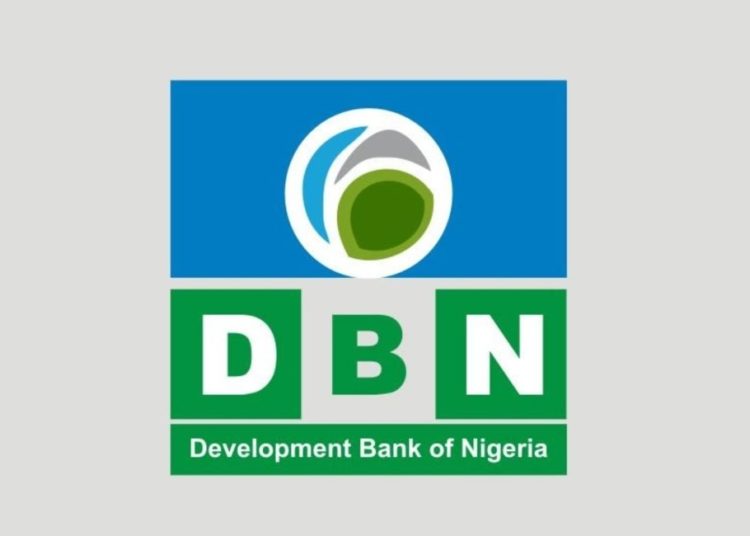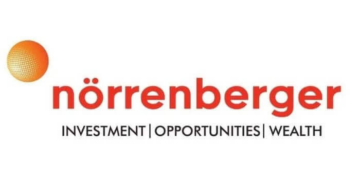The Development Bank of Nigeria (DBN) said, its disbursement to Small and Medium Enterprises(SMEs) has hit over N512 billion to more than 225,000 Micro, Small and Medium Enterprises (MSMEs) in five years.
The chief economist, DBN, Prof. Joseph Nnanna, who stated this also said that 67 percent of women and 27 per cent of youths have so far benefited from the disbursement respectively.
Speaking at a workshop on export finance organised by the Nigerian Export Promotion Council (NEPC), in Lagos, Nnanna also added that N10.3 billion has so far been disbursed to more than 18,669 MSMEs in economically disadvantaged regions such as Borno, Adamawa, Katsina, Yobe, Zamfara and many more states.
He said, despite the SME segment identified as critical by banks and the Central Bank of Nigeria (CBN), MSMEs account for only five per cent of commercial bank’s total loan portfolio, attributing the low participation of deposit money banks in financing MSMEs to poor knowledge of the SME sub segment.
Citing some of the common reasons for banks rejecting SME loan application, he listed them to include; lack of collateral, problems with credit history, insufficient profitability and incompleteness of loan applications.
Similarly, executive director, NEPC Ezra Yakusak said the commission has equipped MSMEs in export businesses on available finance options in its bid to drive the nation’s non-oil export sector.
Indeed, the council said, the move is apt considering the nation’s dwindling economic resources and its overdependence on hydro carbon resources.
Yakusak who was represented by the deputy director, Export Development and Incentives, Esther Ikporah, said the workshop could not have come at a better time than this moment when the nation’s economy continues to dwindle and the price of goods and services are skyrocketing. He added that, the issue of financing has become one of the major challenges facing MSMEs in the export sector today.
According to NEPC boss, in countries all over the world, MSMEs still remain the driving force of the economy, stressing that, financing is the fuel that accelerates the growth in any industry.
“For our economy to move forward, exporting MSMEs must be aware of the various finance options that are available to them and they must be acquainted with the several intervention opportunities available to fund their business enterprise,” he said.
He added that: “It is common knowledge that funding provides a cash flow solution to exporters who sell internationally; reasons being that the terms of payment between the supplier and the buyer are usually settled at a later date.
“Export finance gives the MSME the opportunity to gain access to working capital before the clients in the other country pays for products ordered for.”
He pointed out that the goal of every business entity is to make profit and to grow, adding that, export financing gives MSMEs the capacity to become bigger and better.
On his part, the regional coordinator, South West, NEPC, Samuel Oyeyipo, represented by the head of Department, Product and Market Development, Ofonedu Florence, said, the conference is aimed at enabling participants’ access information needed to enhance their access to funds for export business expansion, scale up the quality of their products and increased market access.
“It is pertinent to explain that in your work as exporters lies the responsibility of ensuring effective utilisation of funds and enhanced skill so as to be able to achieve uniform standards which are capable of producing comparable, reliable, consistent products and packaging that would be acceptable in the world market,” he said.





